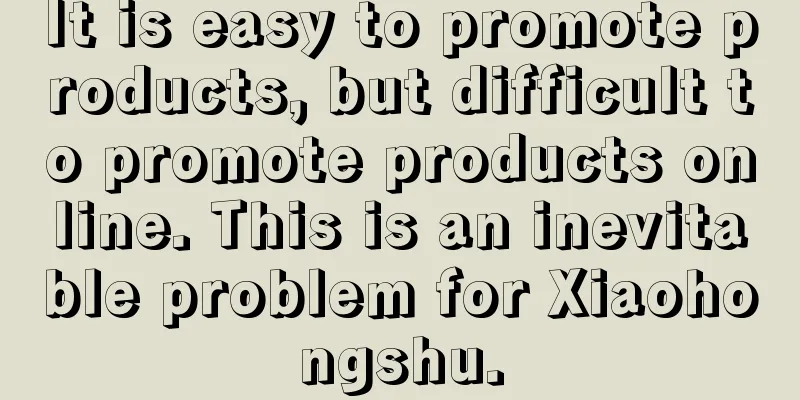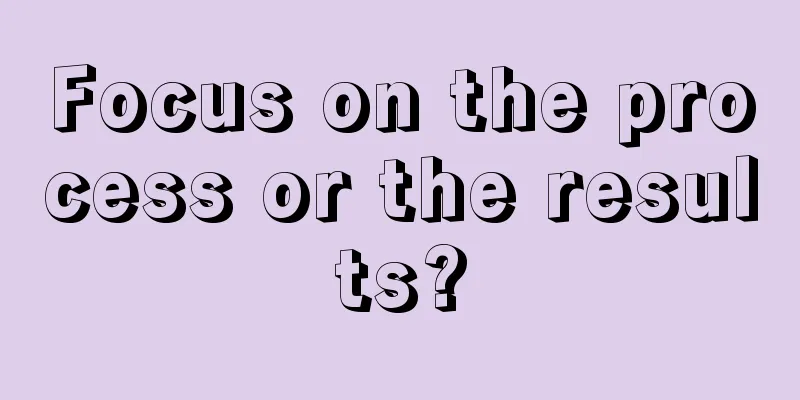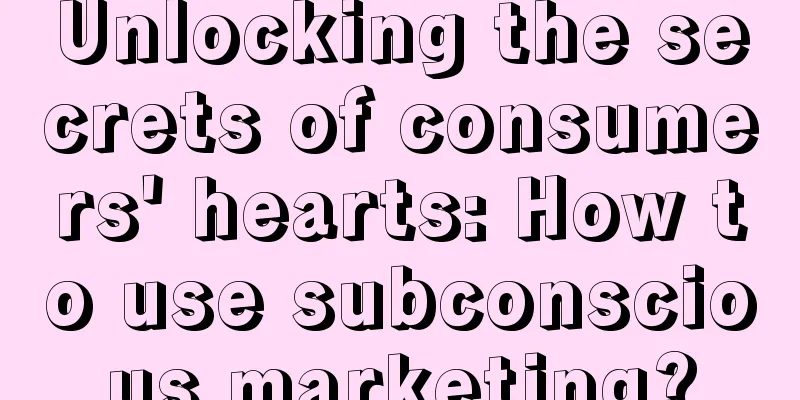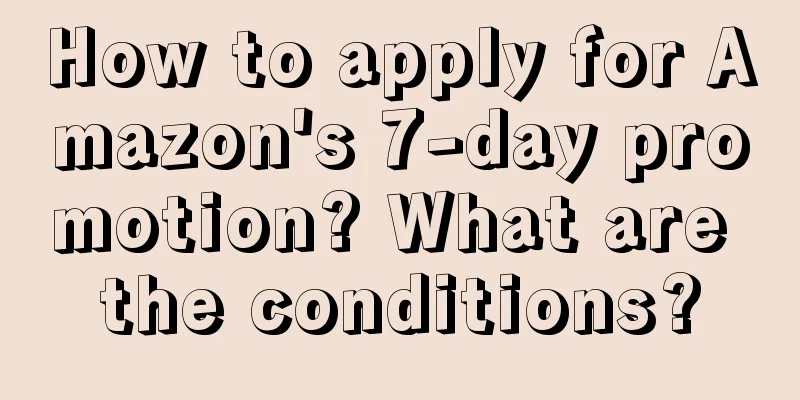What is the root cause of the obstacles to action?
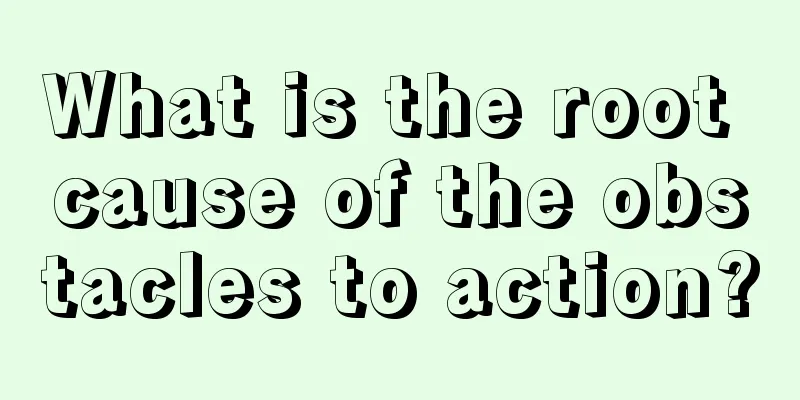
Some friends around me often do this: He thinks about a lot of things but keeps putting them off. When you ask him why he doesn't take action, he tells you "I'm not ready yet. What if I mess up after taking action?" Or, he also takes action, but he is only half-hearted. After a few days, you ask him "how is that thing going?" He tells you that it is not going well, many people are doing it, there is no market opportunity, so he gives up. Why is this happening? It’s not that they are unwilling to act, but their way of thinking brings “resistance to action”. In psychology, this is a kind of "defensive thinking" (Prevention Goals) . Although you have set a plan, in order to fulfill certain responsibilities and avoid mistakes, you will stagnate because of fear, or you will try your best to avoid failure. There are many such cases. For example, you have a strong desire for promotion, and always question your abilities whenever there is an opportunity for promotion; you are a person who likes to paint, but you seldom show your work to others. Even if you have a great idea, every time you have the opportunity to share it with potential investors, you always worry that the project idea is not mature enough. A deep understanding of your own way of thinking is the most important step in adjusting your actions. So, how is this kind of thinking formed? Most people's thinking patterns are formed in childhood. In particular, the behavior and attitude of parents often have a profound impact on us. For example: Some parents adopt a defensive parenting style. I remember when I was a child, they would punish me every time I made a mistake, and the punishment would only stop when I behaved well. At that time, I realized a truth - "Don't cry or make a fuss, just follow your parents' rules, and your life will be stable without having to face any trouble." When I grew up, I found that when you try to do something new, your parents will stop you with the so-called "experience", telling you that you can't do it this way, and that you will fail. In fact, they haven't tried it either, but they just saw that others didn't get satisfactory results after taking action. However, their words may have a huge impact on your decision. Therefore, I developed a way to avoid losses, which is to prevent bad consequences from happening. As time goes by, I still habitually view the world from a "safe" perspective when dealing with things. I wonder if you have ever experienced the above situation? Beyond all of this, introverts may be more prone to defensive thinking, but this isn’t a necessity. I found that in the team, especially in design and operation positions, some female colleagues who are introverted, short in stature, and like to keep quiet often try to avoid too much social interaction in their working style. They usually prefer a quiet, comfortable and independent working environment, and pay more attention to details when making decisions. This tendency prompts them to think carefully and consider all possible consequences, including potential negative impacts. However, it is important to note that being introverted does not mean being too fearful or too cautious. Many introverts are able to effectively manage risk and have the ability to make proactive decisions. They are just more meticulous and cautious in dealing with things. However, people with defensive thinking can easily fall into pessimism. They need to deal with various requirements and expectations of others at work, so they often worry about not being able to meet the standards, and the possible problems make them exhausted to deal with; in this case, most of their energy is invested in preventing adverse results, and they often have no time to think deeply about what they really love. This kind of thinking pattern gradually forms a vicious cycle in the mind: When they encounter difficulties, they will begin to doubt themselves and gradually believe that they cannot succeed. This negative belief will weaken their motivation and make them more likely to give up when faced with new challenges. Once they give up, failure becomes inevitable. Therefore, they may choose a new goal instead, but when they encounter difficulties again, they are likely to give up. This is why people with a defensive mindset often find it difficult to stick with a self-imposed, challenging task without external pressure. Then again, it may not be all bad. Take me for example: Defensive goal thinking helps me when I have to perform certain tasks or do more detailed work. This pessimistic tendency motivates my efforts because I am anxious about failure. Taking my previous hosting experience as an example, every time I go on stage is very important to me. In order to ensure that everything is perfect, I will invest a lot of time in preparation. The day before the performance, I will check the names of the guests in the script and the possible polyphonic characters to prevent mistakes during the performance. This attention to detail enables me to do better than those who are always optimistic. And because I am well prepared, I can deal with any problems that may arise immediately. This makes it easier for me to win the trust of others. They feel that I am reliable and are more willing to entrust me with challenging tasks. This shows that defensive goal thinking has advantages in some cases, but it is also necessary to maintain a balance and avoid excessive defense. Always having a mistake-proof mentality may make people too nervous and ignore other more important things. Everything has multiple sides. Similarly, the opposite of "defensive thinking" is the aggressive thinking (Promotion Goals). What kind of state is it? The word "enterprising", as the name suggests, describes those who focus on their ideal self and expected results, actively pursue positive results, and look forward to the pride that success brings. People with an enterprising mindset tend to value hope and vision, seek new opportunities, and pay more attention to possible gains rather than losses. When faced with challenges and problems, they can also show greater optimism, try new possibilities, and insist that they have the ability to overcome difficulties. Take career development as an example: Some people set a challenging goal, such as being promoted to a senior position or starting their own company. In order to achieve their goals, they learn new skills, look for opportunities, and show greater perseverance and confidence when facing difficulties. This state seems to be healthier. However, there are other possible problems, such as excessive aggressiveness leading to ignoring risks, blind confidence, and lack of preparation for difficulties and challenges. There are many people with this kind of traits among marketing personnel. They say "no problem, it's easy to do", but after actually taking action they find that a lot of their work is just bragging. However, they do not feel that they have lost anything. Instead, they think that "I have the courage to take a step forward and I tried", which is a gain. So what can we see? The two ways of thinking produce completely different results, just like two lifestyles. If you are the kind of person who likes to rush forward, you will put positive energy, happiness, sense of achievement, status, love, etc. in the first place. You are the kind of person who protects yourself more and will avoid all bad things as much as possible. Moreover, these two unconscious thoughts will determine how you feel after taking action. If you are an enterprising person, you will feel ecstatic and excited when you complete your plans; if you fail to achieve your goals, you may feel depressed and frustrated. If you are defensive, you will feel relieved rather than excited when you succeed, and you will become more tense when you fail. Everyone has these two kinds of thinking, and there is always one that dominates your behavior, which has a great relationship with how you view the outcome of things; some people look at the problem as "what can I gain?", while others first consider "what I may lose". However, these situations switch depending on the specific problem. for example: A person is deciding whether to invest in the mutual fund market. His goal is to save a sum of money for his future retirement. At the beginning of the investment stage, he may be dominated by defensive thinking, thinking about "what I might lose." He thinks about "market uncertainty, financial losses," and the financial pressure he may face as a result. These concerns will make him hesitant or even choose not to invest. However, after further understanding a market and understanding value investment strategies and risk management, he may begin to shift to an aggressive mindset and start to see the benefits of regular investments, which helps him achieve his financial goals after retirement. At this stage, his thinking may become "what can I get?" So, you start out defensive, thinking about the losses, but after you understand the problem more deeply, you turn aggressive, see the gains, and then decide to start investing. or: You are the head of an innovation business team. Your team prides itself on innovation and taking risks in trying new technologies. When designing new products, you are usually aggressive and always pursue the most advanced and innovative products on the market. However, after a certain launch event, your product had serious low-level quality problems, resulting in a large number of returns and complaints. This problem affected the brand reputation and customer satisfaction, so you had to stop and think about the way your team works. At this point, you might switch to defensive thinking. You start focusing on how to avoid a similar quality issue in the future, rather than thinking about how to create the latest product. You will pay more attention to product quality and may even delay the release date of new products to ensure that the quality meets the expected standards next time. This defensiveness will cast a shadow on you and make you pay more attention to losses. So, is it defense or aggression? It is just a decision people make after weighing the pros and cons of things. However, when the brain encounters a problem, the first thought that appears is worth paying attention to, after all, it is quietly leading your decision. Understanding thinking patterns mainly depends on observing and reflecting on one's own behavior and decision-making. It can be examined from four perspectives:
You can think about this by asking yourself the following questions: Am I risk-averse and prefer to seek stable and predictable options to avoid possible negative outcomes? Or am I willing to pursue the greatest reward, even if there may be greater risks, and I am willing to try? For example: Are you willing to give up your stable job and invest time and money to try out new business ideas? Or are you more conservative and look for a profitable side job while working, and then start a business after the idea is realized and brings in profits? If you consider what you might lose first when making a decision, such as changes in your career, possible loss of stable income, and possible damage to work relationships, then your attitude towards this matter is undoubtedly defensive. Conversely, if you focus first on the benefits you can gain, such as new opportunities, higher income, or greater freedom, then you may have an enterprising mindset. Your attitude towards risk and your view on gains and losses only reflect your view on something, and it does not mean that your way of thinking is fixed. It also depends on the management of motivation and results. When you face a job or an important project, if you feel anxious and afraid of making mistakes at the beginning, it means that you are defensive in this matter. I feel this way when I'm faced with a big project that has a deadline, but if you get excited and fired up when you hear a deadline, you may have an enterprising mindset. Your first reaction to stress indirectly reflects how well you understand something. I found that defensive people pay more attention to details and pursue perfection after mastering a task, while aggressive people may get bored if they do the same thing over and over again, and this boredom sometimes makes them overestimate their abilities. Finally, think about it from a "panoramic thinking" perspective. Do you see the failure side first, or the gain side? People with an aggressive mindset are more likely to find opportunities for growth from failure, while people with a defensive mindset are even less willing to take the step. These four conditions do not exist alone. Next time you encounter something, you can use them to score yourself. If 3 of them are positive, it means you are aggressive, otherwise, you are defensive. There is no absolute superiority or inferiority between the two types of thinking. The key is whether they can adapt to the goal and help us act efficiently. So, the question is, how to balance them? These three points may help you: 1. Set some action guidelinesWhat is Action Creed? A set of principles or guidelines for action set by an individual or organization based on their own concepts and values. These principles guide daily behavior and decision-making. Simply put, some short and sharp words, without any result orientation, are like a promise to help you have a new perspective on things. For example, people with a strong defensive mindset can take "growth comes from challenges, mistakes are part of learning; taking risks brings rewards, focusing on the future, not the past; I have the ability to influence my life, encounter difficulties, I choose to look at solutions, I choose to act with optimism and confidence, etc." as their creed. These contents can serve as self-suggestions, pull you out of risks and challenges, and allow you to see more possibilities and opportunities, thus slowly evolving into an enterprising mindset. For people with enterprising mindsets, they need some beliefs about details and challenges. For example: planning is half of success, I will pay attention to every step, I will learn from the past and move forward to the future; make decisions carefully and stick to them; I respect risks and be prepared to deal with them, etc. These contents can help you pay more attention to the details of the process when pursuing your goals and plans, so as to prevent failure caused by arrogance. 2. Hudson Bay-style startupMaking a plan is just a trivial beginning. Planning should be a combination of short-term and long-term. First, make a short-term plan, complete it, and then adjust the next short-term plan based on actual actions to make it more reasonable. This cycle can fill the entire long-term plan. This is called the "Hudson Bay Startup" in project management. This concept originated from a fur trading company in the 17th century. Due to the poor local climate conditions, the company's employees could only go out to collect furs for a few months each year. The rest of the time they would stay in the camp and be self-sufficient through weaving, grinding wheat, hunting and other means. So, the original intention is to start a business while working. Think about it, in reality, whether you have a defensive mindset or an aggressive mindset, in most cases, we cannot fully grasp all the information when we encounter a project. You cannot fully predict the difficulty and key points of the entire process. In this case, it is easy to give up . What can you do to reduce the occurrence of accidents? I often weigh the pros and cons before starting a project: can I do it or not? Is it worth doing? If I can do it, I will take the first step, try it out, find problems, solve them, and then plan. In this way, it can form a virtuous cycle. Not only can I avoid being obsessed with thinking and observing, but I can also find applicable methods based on existing experience. 3. Accumulate more sense of achievementThe real world is full of different things. When it comes to the philosophy of life that people uphold, there are generally three types: utilitarians, hedonists, and people who act according to their inner principles. Utilitarians are the majority, and they pursue their personal interests as the maximum goal, and try to make themselves as profitable as possible; hedonists do not calculate or plan like utilitarians, and they only live in things that they think are happy and important. People who act according to their hearts generally follow the principle of "not doing flattery", and principles are above all else. There is no right or wrong, good or bad in these three. However, I have observed that if you want to make the three types of people more positive and passionate, a key point is to "build a positive cycle" so that you can continue to feel the rewards of positive feedback. So, you might as well try to see which type you are, and then try to use more time every day to do things that match it and have positive feedback. If you think you are utilitarian, you can study "skills and business information related to making money" when you have nothing to do; if you think you are a hedonist, you can explore some interests and plant flowers and plants; if you like to act according to principles, you can participate in more responsible activities. The details of these actions can allow you to draw energy in ordinary life, and the next time you face challenges, this energy will become a powerful backup. In summary: Action is the reflection of thought. No matter what form you take, the ability to balance the pros and cons of the results is the most effective driving force for action, or your desire. When something suddenly becomes meaningful, everything else is no longer important. Author: Wang Zhiyuan, public account: Wang Zhiyuan |
<<: Qidian.com's 7th anniversary promotion is here, get free coupons worth up to 1,000 yuan!
Recommend
Do Amazon products have to be new products? How to improve rankings?
After you have successfully opened a store on Amaz...
How to expand your business and acquire more customers through TikTok?
At a time when traditional offline businesses are ...
What is the reason for the sudden decrease in Amazon orders? Detailed analysis
Amazon merchants need to know one thing, that is, ...
How to arrange delivery after placing an order on Shopee? Steps
Some novice sellers who are new to cross-border e-...
What products are selling well on Amazon UK? Any recommendations?
When it comes to the Amazon platform, many merchan...
How much does it cost to open a store on Amazon? A summary of Amazon platform fees
To know how much profit you can make on the Amazon...
With the arrival of Sora, whose job will it take away?
OpenAI has a new life. In early 2024, OpenAI relea...
How does Jiaoxia expand its product categories? You can learn from Xiaohongshu’s successful experience
The Jiaoxia brand is a rising star that focuses on...
Can the domain name still be used after Shopify closes the store? How to avoid it?
After we open a store on Shopify, we must abide by...
Is Amazon's store anniversary event big? What discounts are there?
Amazon celebrates its 819 anniversary every year. ...
Is the catering industry accelerating its collapse?
The catering industry is facing unprecedented chal...
What is the annual fee for Alibaba International Station? Introduction to the fees of Alibaba International Station
There are many cross-border e-commerce platforms. ...
How to register on Facebook? How to use it in China?
In today's highly developed and popular social...
Co-creation 4.1 - Clearing the fog of "consumption": the fourth consumer era and the rise of sharing consciousness
The consumption era and sharing consciousness are ...
Is cross-border e-commerce possible? How does it work?
Speaking of cross-border e-commerce, in fact, many...
